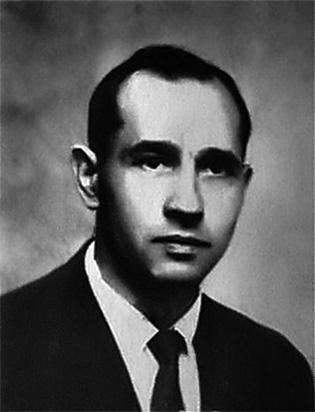Remigration or return? Back to the old homeland as a Ruhr Pole

My name is Patrick Barteit and I was born in 1972 in Oberhausen. I’m a Ruhr Pole. I don’t speak Polish. Not yet. The history of my family’s emigration to the Ruhr area begins in 1918 in the small village of Orkowo, in the district of Śrem in the Province of Poznan and, after 100 years in Oberhausen, it leads back via Warsaw to Olsztyn in Poland in 2018. This is the story of the Tomczak family. This is my story.
The departure
In 1900, my great-grandfather Józef Tomczak was born as the eldest son of Józef and Stanisława Tomczak in the small village of Orkowo on the Warta. He was a Pole, just like his parents, great-grandparents and great-great-grandparents generations before him. That fact was indisputable for everyone in the family. At home the family spoke Polish, like everyone else in the small village. Due to the partition of Poland, however, no independent Polish state had existed since 1795. The Province of Poznan was occupied by Prussia, and the German language was compulsory at school and during visits to the authorities. The Polish population were dubbed “Prussian citizens of Polish nationality” by official channels. As a national minority it was by far the largest section of the population in Prussia. Times were hard, money was short and poverty great. By contrast, in the second half of the 19th century, industrialization in Germany led to a large demand for labour. In particular the Ruhr area attracted workers from Germany and abroad. Coal and steel promised a better future. When he was 18 years old Józef Tomczak also decided to leave the family home and local village to make his way to the Ruhr – like hundreds of thousands of Polish compatriots before him.
The arrival
Arriving in the Ruhr area in January 1918, Józef found a job as a miner at Osterfeld colliery, which belonged to the integrated network Guten-Hoffnungs-Hütte (GHH) (Good Hope Mill). At that time, Osterfeld was an independent municipality in Westphalia until it was merged with Sterkrade and (old) Oberhausen on August 1st 1929 to form the new urban district of Oberhausen in the Rhineland. This was part of a major regional reform of the Rhineland-Westphalian industrial area.
Due to the large number of Poles in the Ruhr area there was a distinct and well-networked Polish community with a very well organized infrastructure. Thus, Józef Tomczak could also find support and helpful contacts within the Polish community and was not left on his own after his arrival. Initially young miners from abroad lived in single dormitories provided by the employer, or they paid a small sum of money to board with private individuals.
Like almost all workers from the East, Józef wanted to earn a lot of money as quickly as possible in order to send some of his wages back home to support his family. What remained was saved. Despite the great distance, he kept up contact with his family. There was regular correspondence with his sister Zofia Stanisława and brother Stanisław. The latter even visited his elder brother in Osterfeld.

























